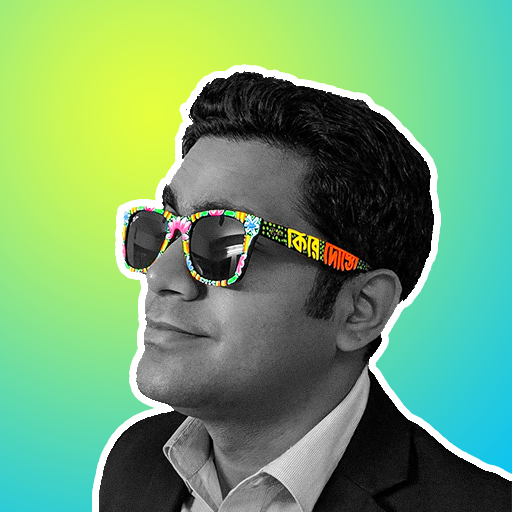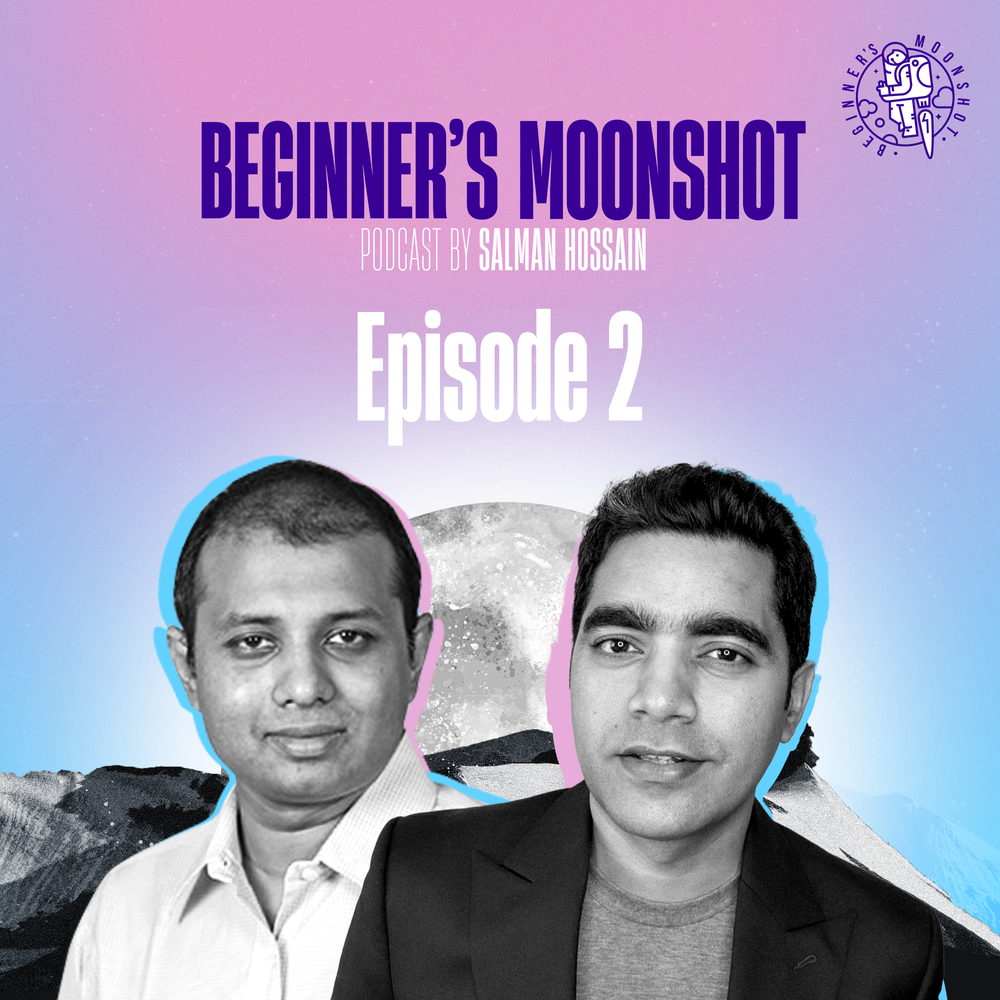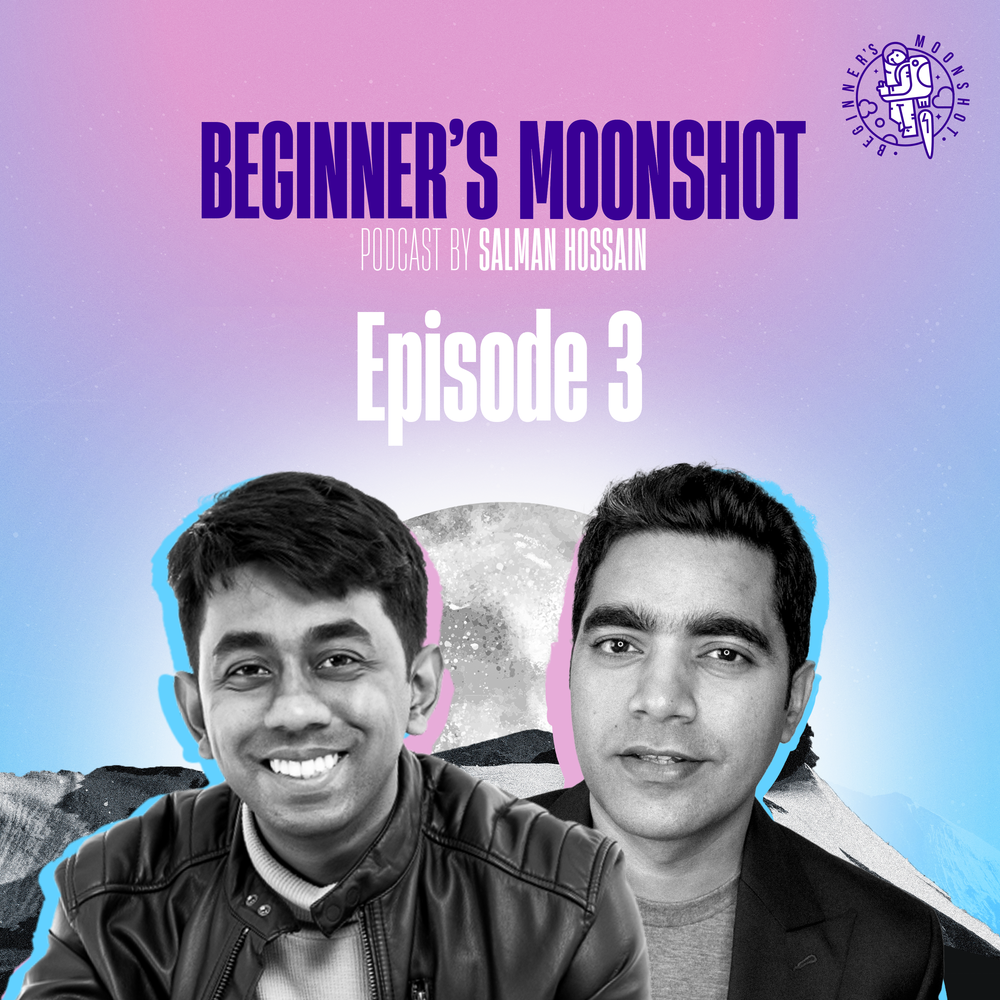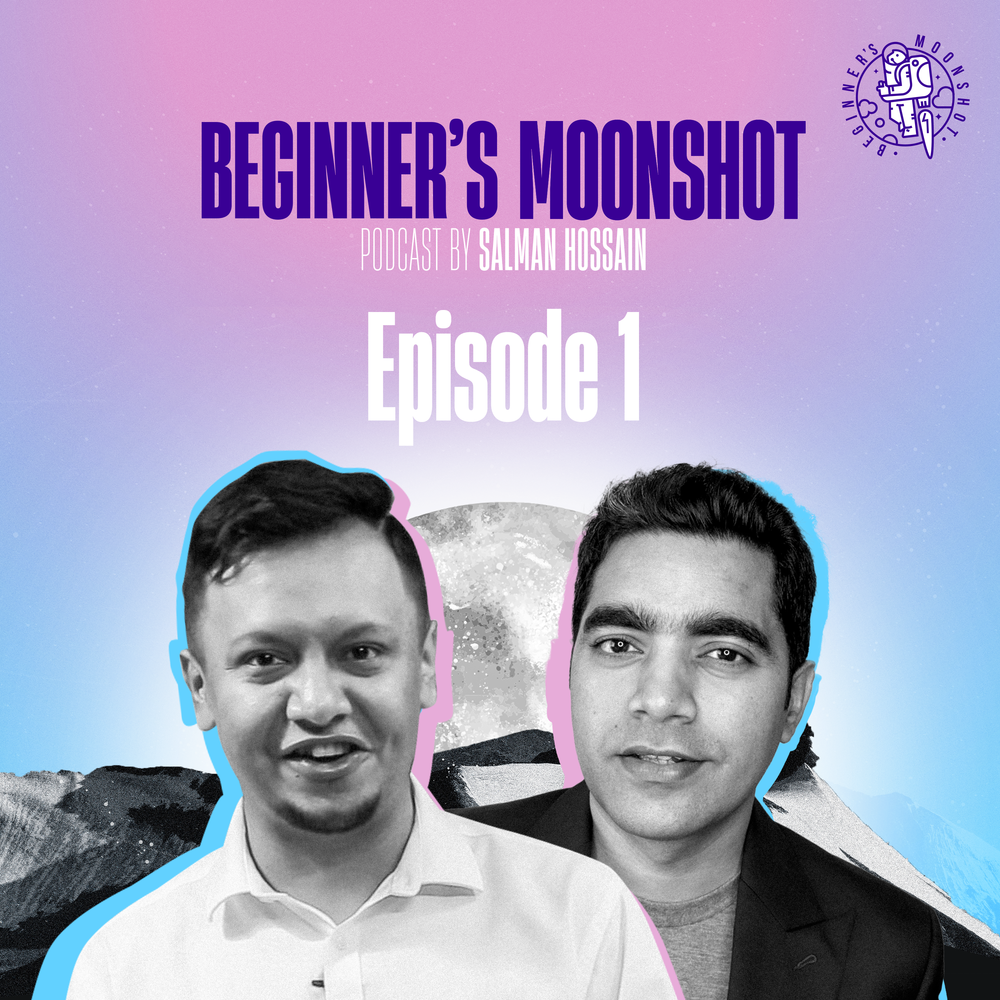The Next Generation Marketing
Prelude
Mozammel Haque is nothing short of an everyday ordinary person. He would wake up every morning to face the terrible traffic on the streets of Dhaka on his way to office and complain about it like anyone of us. But one fine day, he did try something that he never considered trying before. He cycled all the way to his office and back, discovering a great remedy that was already there. Later on, he simply started talking about what he found useful from this change of habit among a closed group of friends, and it resulted into the rapid increase of both cyclists and branded cycle shops in Dhaka at an unprecedented scale that no one see it coming.
Rubaiya Ahmad was an owner of a pet dog like thousand other people living in Dhaka. And she would love her dog no less than any other owners who too owned one of their own. But when she lost her dog on a very unfortunate incident (it was killed by the city corporation people who thought it was a street dog), she didn’t just sit devastated by what had happened to her, but did something about it. If she didn’t care deeply enough about her loss and established Obhoyaranna (an organization that works on animal welfare) from it, she would never know that her actions would later on change the existing law by the government which kills dog during the breeding season to eliminate the chance of spreading Rabies. Not only her organization is the shelter for many animals, it also created a small army of activists who vaccinate the street dogs during the breeding season and cure them from any potential harm instead of killing them brutally.
Mehdi Hasan Khan, the founder of Avro Keyboard in Bangladesh, the largest open sourced Bangla language software in the world was a medical student in Mymensingh. While the whole nation was busy outsourcing their talent in search of a gold mind and some where busy selling poorly developed software, Mehdi simply tried to solve his own problem by writing few codes and asking his fellow team, friends and families and well wishers to use it. What Avro has enabled us today don’t require any further mentioning.
All these people have one thing in common. They all suffered from the status quo, and they did something about it to change. For any change, there is always a before and after. These stories are important to understand my argument about how the way we communicate, the way we market something has changed profoundly than the way we have done it in the past. It used to be the beat of drums in the ancient times to draw people’s attention or make any announcement, to communicate with people from a distance. When the industrialization took place, the form of communication changed into spreading of news through newspapers or any other form of prints. When the print media started losing it’s charm or ability to capture people’s attention, advertisers went on into Television. And then they kept repeating the same thing over and over and over again. It’s like building average products, spending huge money to advertise about it on TV/newspaper, making some sales from it, earning some profit, and then going back to building the same product again and buying more ads for it. It’s nothing but a vicious cycle that never invents any better way to communicate with the people who matter the most for these brands or products but keep bombarding the mass with adverts for no good reason leaving low or no impacts from it. How many times do we really buy a product that we see on television being advertised for us? When was the last time you considered buying a product from a television commercial? Out of 10 things you buy at any given month, how many of them were bought based on some exposure to commercials? It’s a question that needs to be argued.
Tribe Leadership
Now despite the never-ending use of these traditional media to communicate, there are other forms of systematic communications and marketing techniques that are being used by many people, be it knowingly or unknowingly.
For example, Live Square, a local music firm related to anything that is about music didn’t re-invent the music scene in Bangladesh. They just changed the way things were happening around them. They just identified certain groups of musicians and use them to spread the experience of music that they thought we all deserved. They have not only organized the very scattered group of talented musicians in Bangladesh but also showcased them in style in front of millions.
Naveed Mahbub didn’t invent comedy or humor in Bangladesh, he just changed the status quo by connecting the people who were waiting to take part – looking for a leadership. Being lived abroad for many years and returning back to Bangladesh, Naveed hardly knew many people around and people hardly have the experience of the form of entertainment that we wanted to preach. But it didn’t stop him from setting up his own crib, which resulted in giving weekly entertainment to many people, unearthing many aspiring comedians in town and giving pleasures to thousands in the process.
Urban Launchpad, a MIT based urban transport planning project, didn’t think of changing they way we commute today in the streets of Dhaka in buses. They didn’t even ask the government to amend some laws to help better the existing traffic situations. They just formed a like-minded group of passionate activists and created the first ever bus map of Dhaka.
Non of these people discussed above used television or newspaper media to spread their words, and yet people know them fairly well who belong to various communities. Only those have experienced them who are genuinely their true fans or follow the same path as theirs. And what I want to argue from these examples and analysis of mine is that it is a form of ‘Tribe Leadership’ that is responsible for making this impact to this extend.
Tribe Leadership is the evolved communications eco-system where one person mostly influences a group of people that he/she is surrounded by. While I call it an evolved one, in reality, it’s been practiced from the ancient times. This is probably the most oldest form and yet very crucial our modern day communications. What I want to argue from this is that it takes a 1000 fan for a brand or company to reach out to a million of potential customers. It’s based on the very ‘law of diffusion of innovation’, which suggests that the innovators and early adaptors of the society can play the role of the tribe leaders and make more impact among the early and late majority of the population (consumers).
Al Gore didn’t travel in every parts of the world and hundreds of cities to convey his message from the inconvenient truth. He had a selected group of speakers/influencers who gave the talk on his behalf and reached out to all over the world. Chris Anderson of TED didn’t organize or host 100s of TED events a year to make a bigger impact. He just opened up TEDx (a locally organized independent event) that grew from 5 to over several thousand reaching millions in the world. Google Business Group Dhaka, a local tech community, had only 3 people who started it. But, despite being new to the community, it grew more than a community of 2000 strong and achieving global recognition from it. Finding Bangladesh, a local documentary film on discovering the history and forgotten stories of Bengal, was a group of crazy adventurers who not only captured the stories in beautiful frames but also made it spread to people beyond borders winning international film award.
This list can go on and on and I can prove further how so many of these people, projects, and communities are constantly changing the everyday landscape of life around us than we know ourselves. And only if we look deeper into their work, their impact and how they have been successful at spreading what they started communicated from a group of strong REAL influencers than just some dummy or made up characters who hardly even own the work (or product).
As I leave you with questions and points of argue, on my next piece, I’ll be digging further into this rationale and argue back how in majority of the cases companies be it small or large are getting most of their impact from these Tribe Leaders be it knowingly or unknowingly. And how as a result of the unknown, in many cases, they are spending and targeting wrongly as they try to communicate with their potential consumers which in impact is not bringing much solid results for them.






